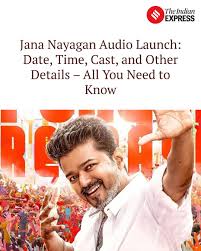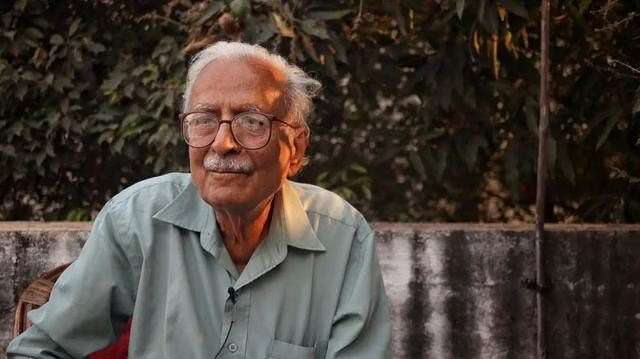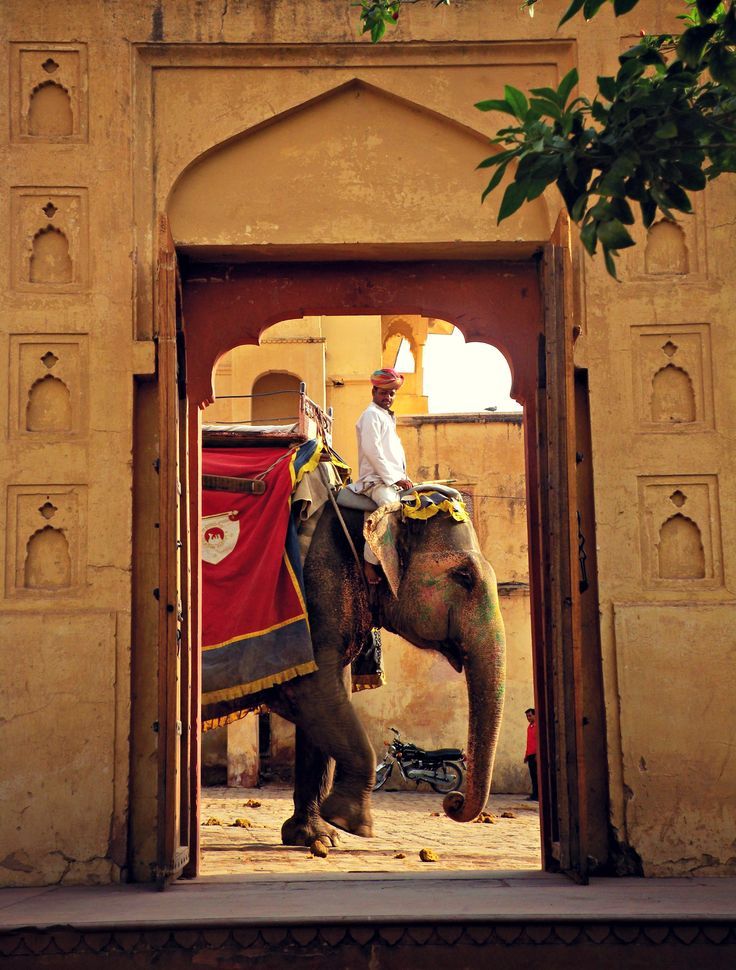In the ever-evolving political landscape of India, a war of words between Tamil Nadu Chief Minister MK Stalin and Uttar Pradesh Chief Minister Yogi Adityanath has taken center stage. The confrontation highlights not only their political rivalry but also the larger ideological debate regarding governance and federalism. Yogi’s criticism of Tamil Nadu’s governance was met with a sharp, tactical response from Stalin, resulting in a political battle that has captured the attention of both regional and national audiences.
Yogi’s Critique and Its Context
The conflict began when Yogi Adityanath criticized the governance of opposition-led states, singling out Tamil Nadu for its alleged misgovernance and corruption. He argued that states governed by opposition parties were lagging behind in development and were increasingly rife with corruption. His remarks were designed to undercut the credibility of opposition-led state governments and assert the BJP’s claim to superior governance.
Stalin’s Calm Yet Assertive Counterattack
MK Stalin’s response was a sharp but measured rebuttal to Adityanath’s claims. He focused on the developmental achievements of Tamil Nadu, listing the state’s progress in healthcare, education, and economic growth. Stalin highlighted the contrast between Tamil Nadu’s prosperous development and Uttar Pradesh’s struggles with poverty and law and order. The Chief Minister of Tamil Nadu also took a direct dig at the law enforcement issues plaguing Uttar Pradesh, questioning the state’s capacity to provide security and justice.
In his response, Stalin framed the debate not only as a defense of Tamil Nadu’s governance but also as a critique of the BJP’s centralized approach to governance. His arguments underscored the significance of regional leadership and the right of states to determine their own developmental path.
The Ideological Divide: Centralization vs. Regional Autonomy
The conflict between Stalin and Yogi also symbolized the ongoing battle between the centralized governance model favored by the BJP and the federalism advocated by regional parties like the DMK. Stalin’s retort was a defense of India’s federal structure, with a strong emphasis on the autonomy of states in shaping their own governance strategies.
On the other hand, Yogi Adityanath’s comments reflected the BJP’s tendency to promote a unified, top-down model of governance, where central policies are implemented uniformly across the country. The ideological divide between these two leaders revealed a growing tension in Indian politics between national integration and regional autonomy.
Public Reactions: A Divided Opinion
The exchange between Stalin and Yogi quickly became a subject of national debate, with public reactions split along political lines. Supporters of Stalin applauded his response, seeing it as a much-needed defense of Tamil Nadu’s unique development model. On the other hand, BJP supporters rallied behind Yogi, accusing Stalin of attempting to deflect criticism of his state’s governance.
The media played a critical role in amplifying this debate, with political analysts and pundits offering varying interpretations of the two leaders’ statements. Some questioned whether Stalin’s defense of Tamil Nadu would have the desired political impact, while others argued that the confrontation would further solidify Stalin’s position as a defender of federalism.
Conclusion: The Long-Term Impact of the Confrontation
As the battle between MK Stalin and Yogi Adityanath continues to unfold, the broader implications of their exchange remain clear: the growing contest between regionalism and nationalism in India’s political future. Stalin’s response has not only defended Tamil Nadu’s record but also reaffirmed his commitment to a more decentralized approach to governance. Whether this public clash will have a lasting impact on national politics is yet to be seen, but it has undeniably intensified the ideological debate about India’s future direction.













